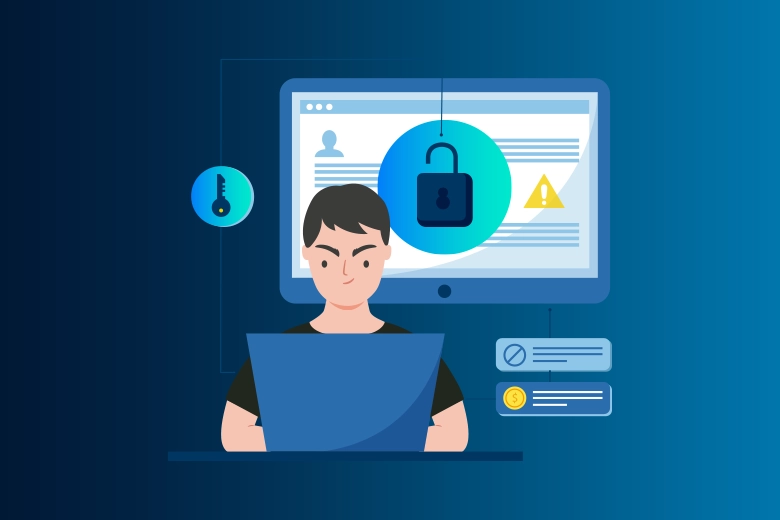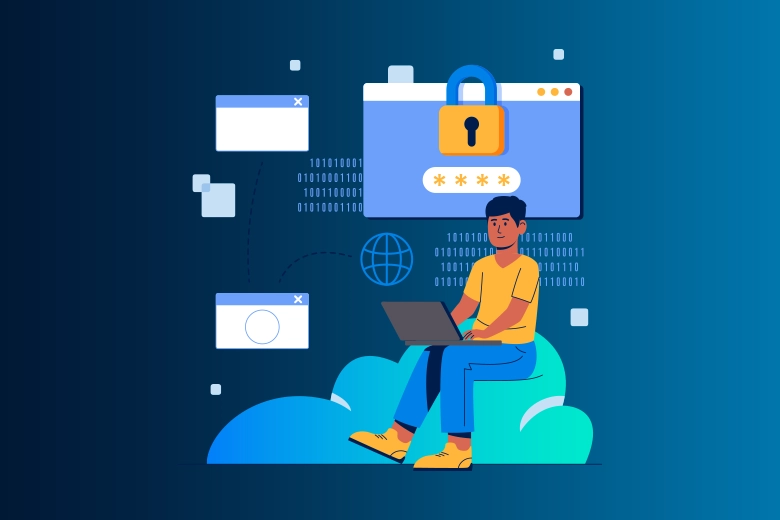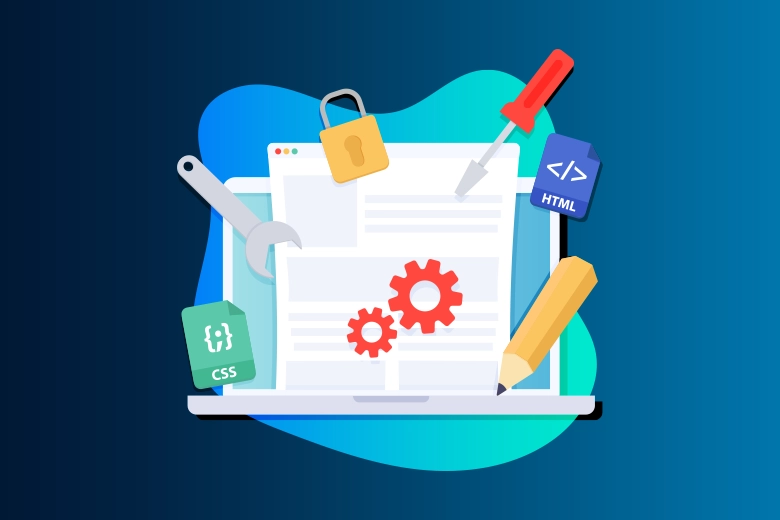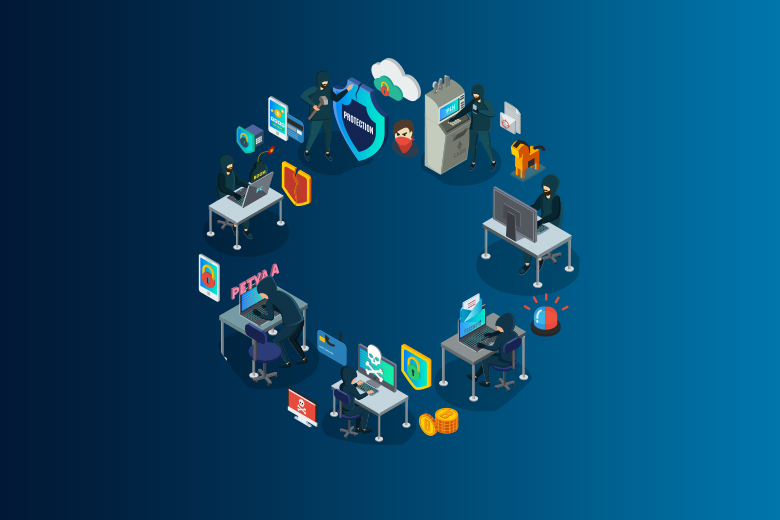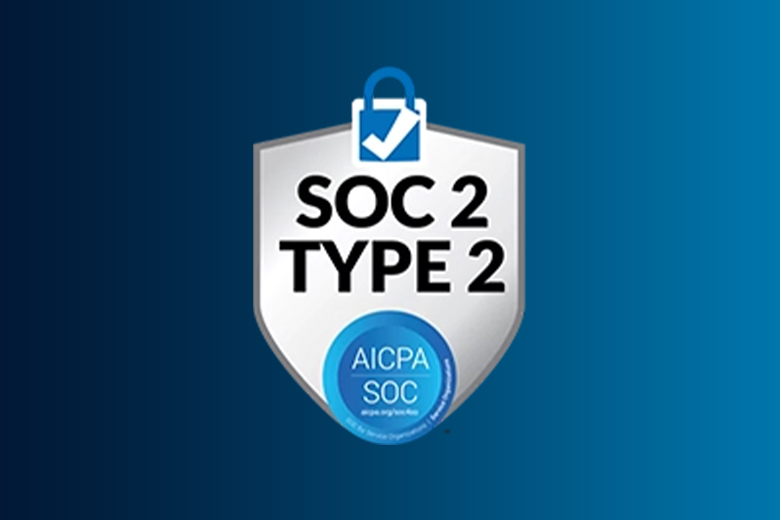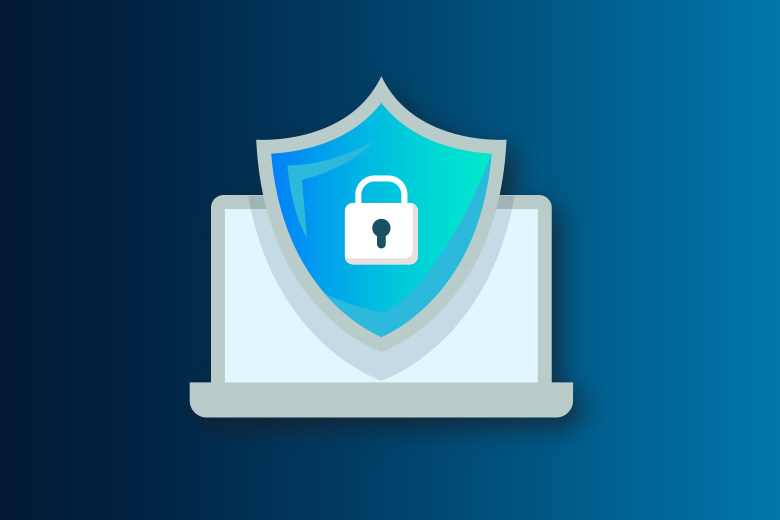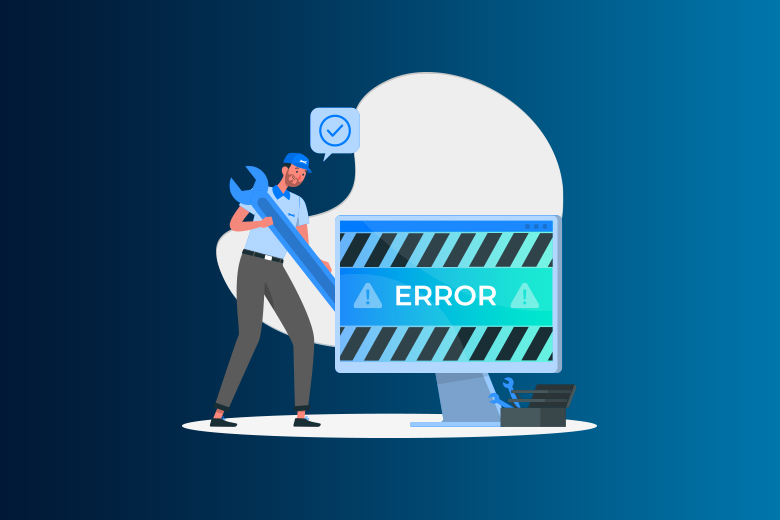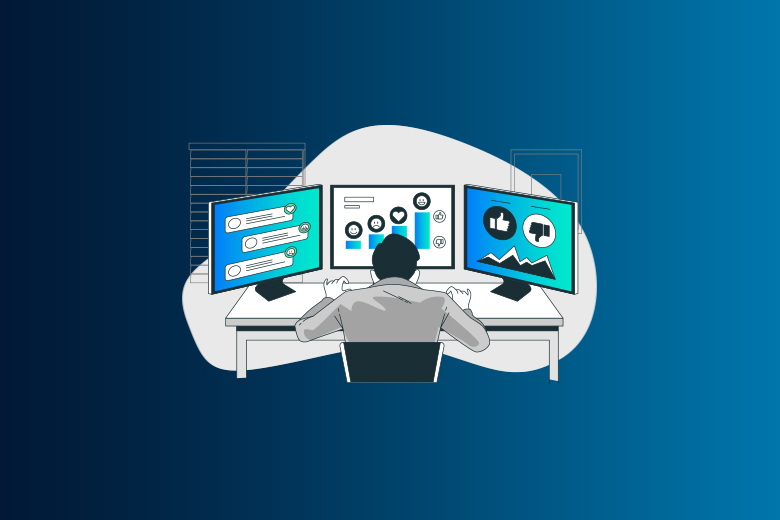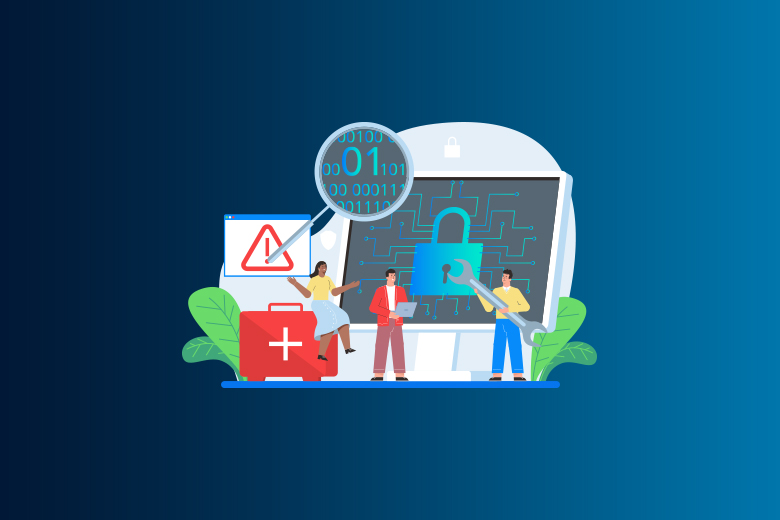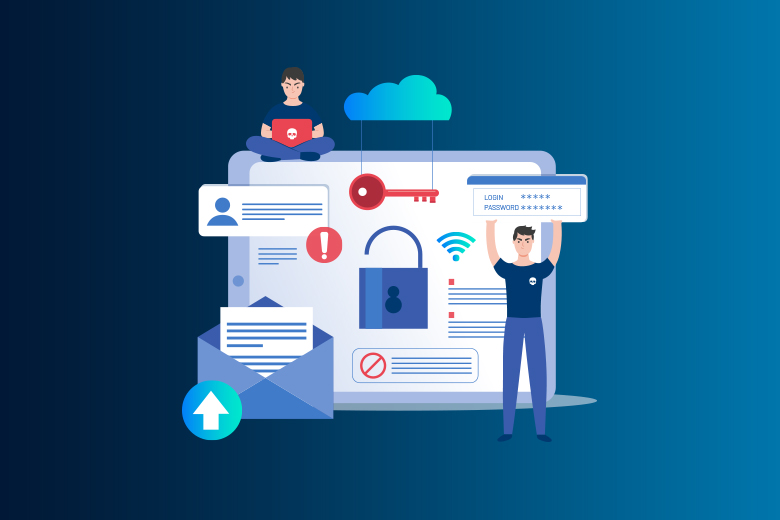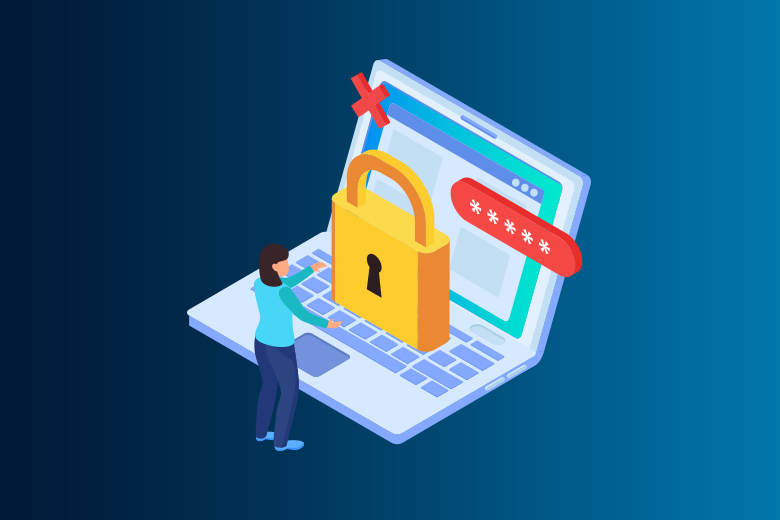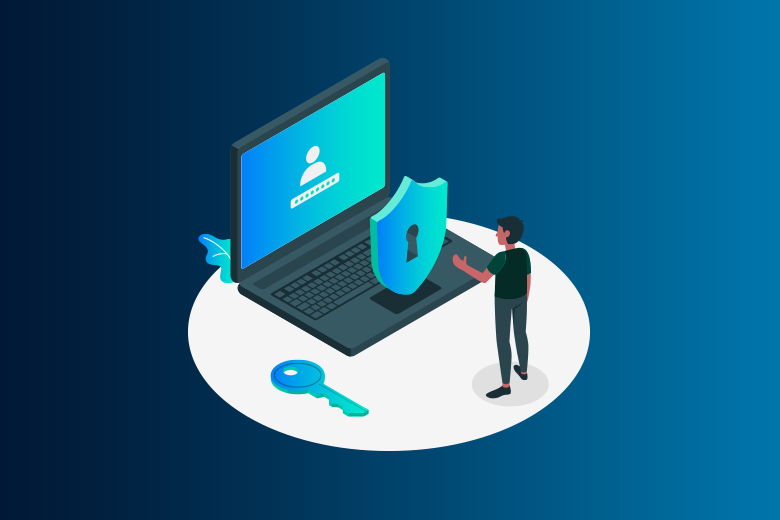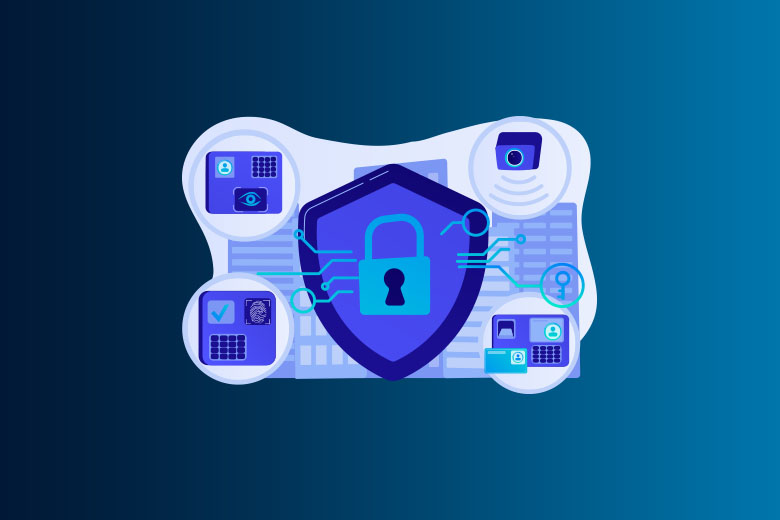19 January 2024
SafeAeon Inc.Since 2020, the California Consumer Privacy Act (CCPA) has been setting new standards. It empowers residents with unprecedented control over their personal information. In 2023, the California Privacy Rights Act (CPRA) raised the stakes even higher. It added significant teeth (and penalties) to the already stringent regulations.
For businesses, adapting to this ever-changing landscape can be daunting. It's like running a three-legged race while blindfolded, especially given the CCPA's intricate requirements and frequent updates. However, there's no need to worry, fearless entrepreneurs! We have prepared a comprehensive audit checklist for you. This checklist will guide you to CCPA compliance success in 2024 and beyond.
In short, here's why compliance is important:
There are 50 million reasons for Californians to follow the rules: In fact, the CCPA applies to half of California's people, which means that businesses can't ignore this important group of people.
Billions in possible fines: Don't fall asleep on following the CCPA. Up to $7,500 can be charged for each violation, which could add up to a big bill that you won't like.
Reputation is gold: Consumers are becoming more aware of their privacy. Your brand can shine in the market if you earn people's trust and show that you follow the CCPA. So, put on your compliance shoes and get ready to take on the CCPA with our complete audit plan. Don't forget that a little extra care can save you a lot of money in fines and lost customer trust.
But before jumping straight on the CCPA audit checklist, let's first understand:
What Are The 7 Rights of Consumers Under CCPA?
The California Consumer Privacy Act (CCPA) gives people several rights when it comes to their personal information safety. The CCPA gives people the following seven main rights:
1. Right to know about personal information collected, disclosed, or sold People can ask companies to show them what kinds of personal information they have about them. This includes details about the places where the data came from. The reason why the information is being gathered or sold These are the types of outsiders that whom the company shares or sells information.
2. Right to delete personal information People can ask businesses to delete the sensitive information they have collected about them. There are some situations when businesses don't have to comply with this request. For example, they must if the information is needed to finish a transaction, find security incidents, or meet a legal duty.
3. Right to opt-out of the sale of personal information People can tell companies that sell their personal information to other companies to stop doing that. Businesses need to make it easy for people to opt-out by putting a "Do Not Sell My Personal Information" link on the home page of their website.
4. Right to non-discrimination for exercising CCPA rights Businesses can't treat customers differently if they use any of their CCPA rights. There can't be different prices at different stores. Offer goods or services of a better quality People who use their rights under the CCPA should not be able to get goods and services.
5. Right to access personal information People can ask businesses to show them the exact personal information they have collected about them. Businesses must give away for free the specific pieces of personal information they have about a customer from the 12 months before the request if the customer makes a valid request.
6. Right to data portability People have the right to get their personal information in a manner that they can easily use when they ask for it. This allows customers to send data freely from one entity to another, giving them power over their data.
7. Right to know about financial incentives Companies must let customers know about any programs that offer money in return for personal information being collected, sold, or deleted. Any money that is offered must have something to do with How valuable customer information is. Make sure that customers aren't ripped off. They fully understand what their info is and how valuable it is. The CCPA puts the rights of customers to know about, control, and choose what happens to their personal information first. If companies want to follow the CCPA, they need to make sure they fully understand these rights and set up ways to support and uphold them.
Never Miss To Ensure These 9 CCPA Audit Checklists
Businesses can use a CCPA compliance guide to make sure they follow the rules set by the California Consumer Privacy Act. This is a short CCPA compliance list:
- 1. Determine applicability
- 2. Identify and classify data
- 3. Update privacy policies
- 4. Implement consumer request processes
- 5. Ensure data security
- 6. Protect minor’s data
- 7. Vendor management
- 8. Employee training
- 9. Maintain records
Let's get a better sense of each one:
1. Determine applicability
Know what the conditions are: Businesses in California that are for-profit and meet at least one of the following conditions are covered by the CCPA: Gross sales of more than $25 million a year. You can't buy, sell, get, or share the personal information of at least 50,000 customers, families, or devices for business reasons. Get at least half of their yearly income from selling personal information about customers.
2. Identify and classify data
Data inventory and mapping: Make a list of the personal information you gather, where it comes from, why you're gathering it, and who you share it with. This should have information like names, addresses, IP addresses, buy history, browsing history, and more.
3. Update privacy policies
Make sure your privacy policy is easy to understand, is updated yearly, and tells people what their rights are under the CCPA. It should explain what kinds of personal information are being gathered, why they are being processed, who they are being shared with, and how people can use their CCPA rights.
4. Implement consumer request processes
The right to know and the right to delete: You should set up a way for customers to ask to see or delete their info. Most of the time, this is done through online platforms, toll-free numbers, or email systems. Make sure you can confirm the requester's name, and get back to them within 45 days. The right to say no Companies that sell personal information should make it easy for customers to stop getting it. The online link that says "Do Not Sell My Personal Information" is part of this.
5. Ensure data security
Security steps that make sense protect the personal information you have by putting in place security measures. Think about things like encryption, two-factor login, regular security checks, and more. Make sure there is a plan for what to do if there is a data breach.
6. Protect minor’s data
Opt-In agreement for minors: Make sure you have the right permissions in place. Before selling the information to people between the ages of 13 and 16, get their clear, opt-in permission. For people younger than 13, get permission from a parent or guardian.
7. Vendor management
Third-party contracts: Check your contracts with service companies and third parties to make sure they follow CCPA rules. Also, make sure that they are following the rules when they handle the data and that they have the right security steps in place.
8. Employee training
Teach your staff: Make sure that everyone on your team, especially those who deal with customer questions, knows what the CCPA requires by holding regular training meetings. All CCPA-related requests will be handled in the same way and line with the law.
9. Maintain records
Write down what the customer wants: For at least 24 months, keep thorough records of all customer requests and how they were handled. This paperwork is necessary to show that you are following the rules in case of checks or questions. As a guide, this checklist shows companies how to follow the CCPA's different rules and make sure they're protecting Californians' privacy rights. The California Consumer Privacy Act (CCPA) gives people more power by giving them more control over their personal information than ever before. Following the CCPA isn't just about staying out of trouble; it's also about fostering trust in a world that is becoming more and more data-driven.
Conclusion
The CCPA audit checklist is an indispensable tool for ensuring compliance in 2024 and beyond. Businesses must stay alert and keep their practices up to date to meet the strict standards set by the CCPA as data privacy laws change. This list is a complete guide that covers important topics such as how to handle customer data, how to keep privacy policies up to date, and how to train employees. Companies that follow this checklist can not only escape big fines and legal problems but can also build trust with their customers by showing that they care about data privacy and security. Remember that following the CCPA isn't just the law; it's also an important part of doing business honestly in the digital world. For more essential steps regarding industry compliances and cybersecurity, you can get in touch with SafeAeon.

